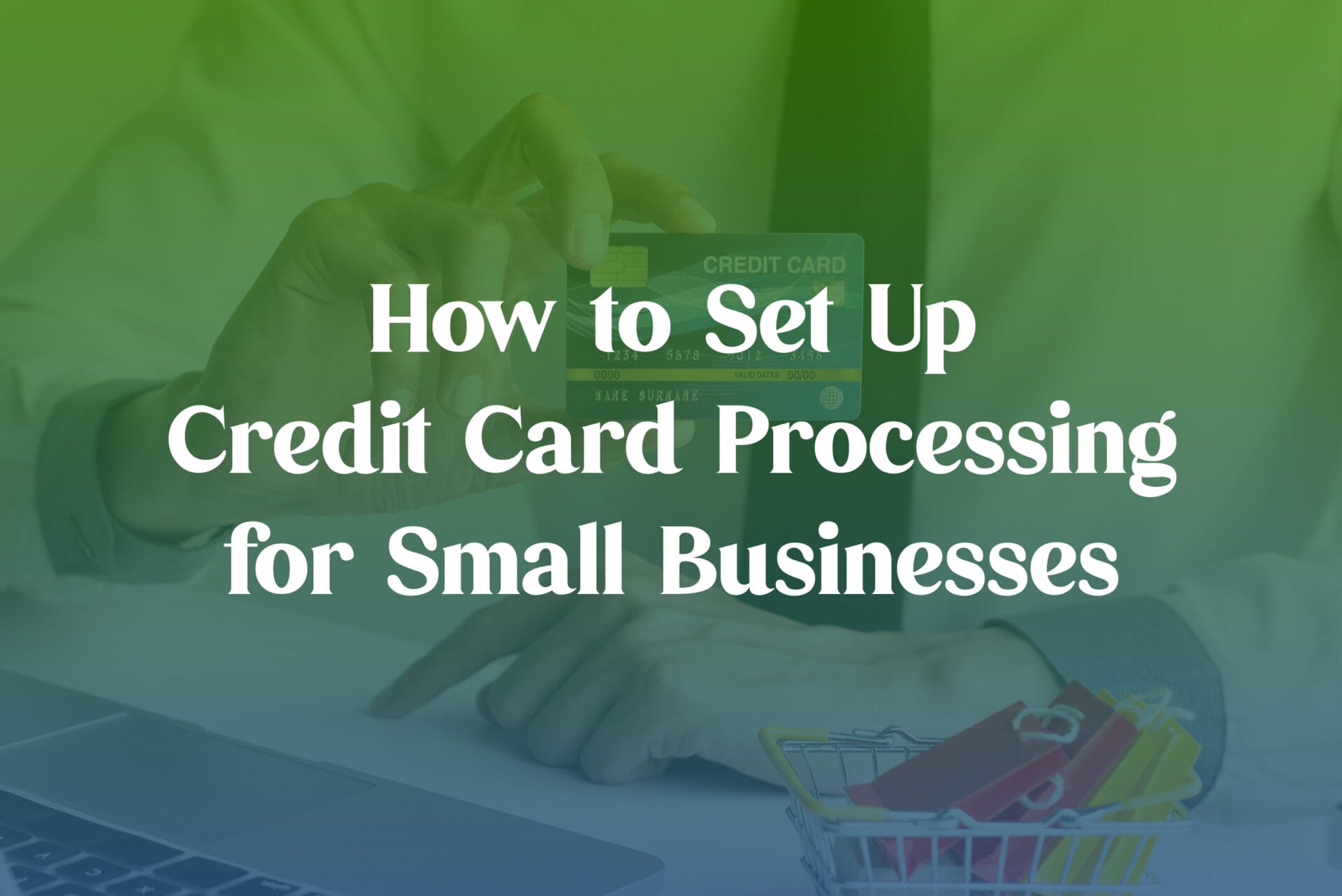Credit card processing scams can take various forms, but they generally involve fraudulent attempts to obtain credit card information or to manipulate the payment process for financial gain. Here are some typical credit card processing scams and how to avoid falling victim to them:

Phishing Scams
- Scammers send fake emails, text messages, or websites that appear to be from legitimate organizations, such as banks or payment processors.
- These messages often request personal and credit card information.
- To avoid phishing scams, always verify the sender’s identity, don’t click on suspicious links, and never provide sensitive information through email or text.
Card Skimming
- Criminals install devices called card skimmers on ATMs, gas pumps, or point-of-sale terminals to steal card information.
- These skimmers capture the card’s magnetic stripe data when it’s swiped.
- To avoid card skimming, inspect card readers for any unusual attachments, cover the keypad while entering your PIN, and use EMV chip-enabled cards whenever possible.
Fake Merchant Websites
- Scammers create fake online stores that mimic legitimate retailers.
- Shoppers enter their credit card details, but the merchandise is never delivered.
- To avoid this, shop only from reputable websites, check for secure (https://) connections, read reviews, and be cautious when dealing with unfamiliar online stores.
Card Not Present (CNP) Fraud
- Fraudsters make online or phone purchases using stolen card information.
- Merchants may have difficulty verifying the buyer’s identity in such cases.
- To mitigate CNP fraud, businesses should implement strong authentication measures, use AVS (Address Verification Service), and be vigilant about irregular transactions.
Unauthorized Charges
- Scammers make unauthorised transactions on your credit card.
- To prevent this, regularly monitor your credit card statements for unfamiliar charges and report them to your bank immediately.
Data Breaches
- Cybercriminals target businesses to steal customer credit card data through data breaches.
- Protect yourself by using credit cards with solid fraud protection and monitoring your credit reports for suspicious activity.
Overpayment Scams
- Fraudsters may overpay for a product or service with a stolen credit card and then request a refund to a different account.
- Businesses should be cautious when processing refunds and verify the legitimacy of the payment before issuing a refund.
Impersonation Scams
- Scammers pose as employees of payment processing companies or banks and contact individuals to request credit card information.
- Verify the identity of the caller by contacting the company directly using official contact information.
To avoid falling victim to these credit card processing scams, staying informed, being cautious, protecting your personal information, and regularly reviewing your credit card statements for any suspicious activity is crucial. Additionally, consider using credit cards with solid fraud protection features and regularly update your passwords and security settings for online accounts.





